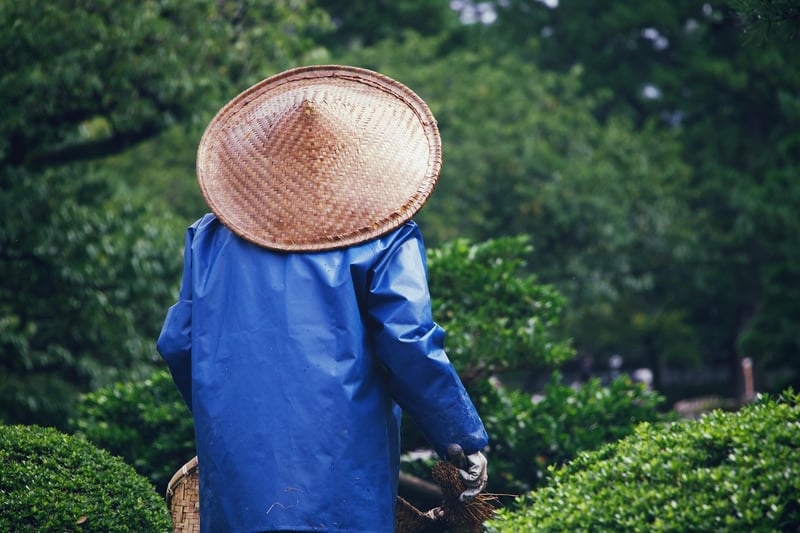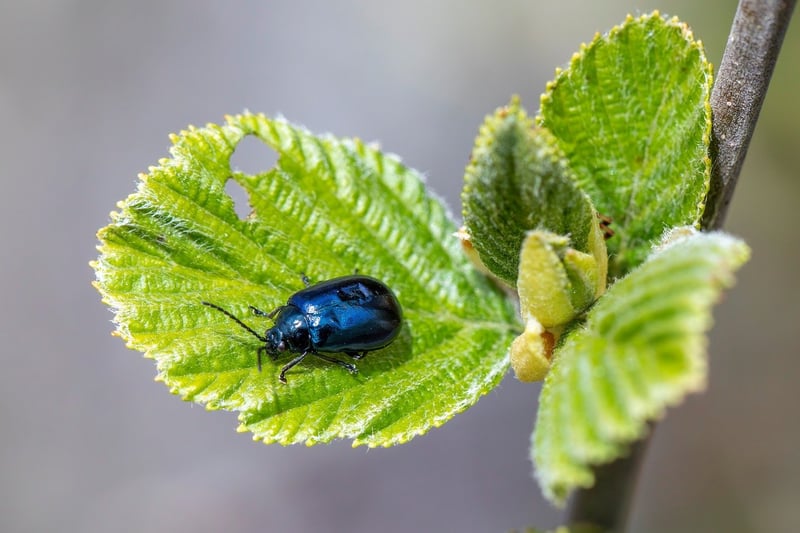Pest Control Strategies
Ensuring Healthy Growth and Longevity of Your Plants
The Importance of Plant Health
Having healthy plants is essential for a thriving garden or indoor space. Healthy plants not only look better but also have a higher resistance to pests and diseases, leading to a longer lifespan.
Tips for Maintaining Plant Health
- Provide adequate sunlight: Most plants require sunlight for photosynthesis, so ensure they are placed in a location where they can receive the right amount of light.
- Water properly: Overwatering or underwatering can both be harmful to plants. Be sure to water your plants according to their specific needs.
- Use quality soil: Good soil provides essential nutrients to plants. Make sure you use high-quality soil that is suitable for the types of plants you are growing.
- Regularly prune and trim: Trimming dead or overgrown parts of the plant can help redirect its energy to healthier areas.
- Monitor for pests and diseases: Regularly inspect your plants for any signs of pests or diseases so you can take action promptly.
Pest Control Strategies
Despite our best efforts, pests can sometimes find their way to our plants. Here are some effective pest control strategies:
1. Natural Predators
Introduce beneficial insects like ladybugs or lacewings that can help control pest populations naturally.
2. Neem Oil
Neem oil is a natural insecticide that can effectively repel and kill common garden pests without harming beneficial insects.
3. Horticultural Oils
Horticultural oils suffocate insects by coating their bodies, making them a safe and effective pest control option.
4. Diatomaceous Earth
Diatomaceous earth is a non-toxic powder that can be sprinkled around plants to control pests like slugs, ants, and beetles.
5. Homemade Remedies
You can create homemade pest control solutions using ingredients like garlic, pepper, or soap to deter pests from damaging your plants.
Conclusion
By following these tips for maintaining plant health and implementing effective pest control strategies, you can ensure the healthy growth and longevity of your plants. Remember that prevention is key, so regular monitoring and care are essential for a thriving garden.

